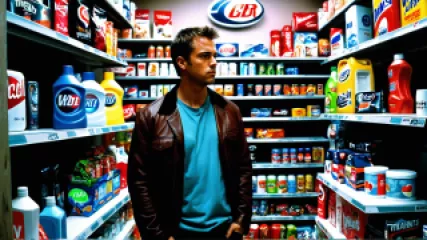My Journey Navigating Ethical Dilemmas in My Life
1 year ago
Ethical Dilemmas
10 Best Practices for Managing Hyperactivity in Children
1 year ago
Managing Hyperactivity
What Are The Benefits Of Altruism?
1 year ago
Psychology of Altruism
Proven Online Anger Management Tools for Effective Self-Regulation
1 year ago
Anger Management
Discovering Mental Health Insights from Nature-Inspired Masterpieces
1 year ago
Nature And Mental Health
10 Best Holistic Nature Therapies for Eco-Wellness
1 year ago
Eco Therapy
Confronting Peer Pressure: An Empowering Perspective
1 year ago
Peer Pressure
How to Overcome Creative Blocks: 7 Proven Strategies
1 year ago
Overcoming Creative Blocks
My Journey to Self-Harm Recovery: Finding Strength in the Darkness
1 year ago
Self Harm
10 Self-Love Practices to Embrace Aging with Confidence
1 year ago
Aging and Self Esteem
Overcoming Depression: A Personal Perspective
1 year ago
Depression Self Help Tips
Lessons from 'Fight Club' on the Psychology of Brands
1 year ago
Psychology of Brands
10 Best Ways to Boost Happiness with Therapy
1 year ago
Happiness
The Ultimate Guide to Building a Supportive Self-Care Community
1 year ago
Community Support
A Step-by-Step Guide to Managing Chronic Stress
1 year ago
Managing Chronic Stress














